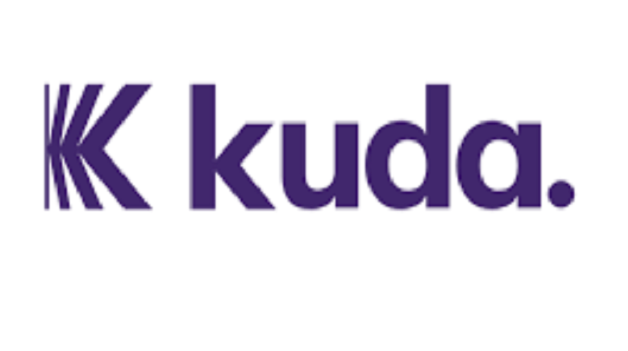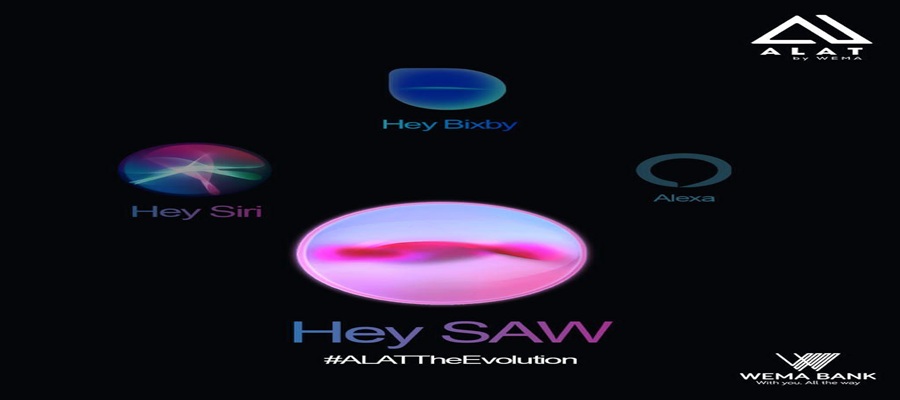E-Financial
O’Neill, World Renowned Economist Invests in Paga

Mr. Jim O’Neill, former chairman, Goldman Sachs Asset Management and chief economist, popularly known for his coinage of ‘BRIC’ acronym in 2001, has invested in Paga, an indigenous mobile payments service company.
Tayo Oviosu, founder and chief executive officer of the firm, announced his in a statement at the weekend.
He said the investment was coming at a time when the company was celebrating its 5th anniversary.
O’Neill coined the ‘BRIC’ acronym in 2001, which was derived from his thesis that Brazil, Russia, India and China would dominate growth in emerging markets.
He was said to have first shown interest in Paga when he interviewed Oviosu as part of a series on British Broadcasting Corporation’s radio discussing the MINT group – a new acronym O’Neill had coined to represent Mexico, Indonesia, Nigeria, Turkey.
The MINT countries, according to him, are the next set of countries he believes will be the growth markets that will shape the world’s economy in the coming decades.
O’Neill, the statement said, expressed confidence that the entrepreneurial abilities of Nigeria’s younger demographic would be a catalyst for growth over the next 20 years.
He added that indigenous startups, such as Paga, which were focused on a key sector – payments, would be the major drivers of growth.
On his decision to invest in Paga, O’Neill was quoted as saying, “On meeting the founder of Paga and understanding his vision for Paga, it was very obvious that we both shared the belief that with the right approach, Nigeria possessed the potential for huge economic growth. It is clear to me that Nigeria, Africa’s largest economy, needs payment systems that work for both businesses and individuals for her to reach her potential.”
He also said, “Paga delivers greater convenience to businesses and individuals whether they are banked or un-banked. I have chosen to invest in Paga because the team has demonstrated their ability to execute on a bold vision that can have catalytic impact. It is an exciting time for Nigeria and I believe in this vision and the team to achieve their bold vision to become the number one way to pay and get paid in Nigeria.”
In the same vein, Oviosu, said, “We are absolutely thrilled that a leading growth investor like Jim O’Neill has spotted Paga’s potential to transform the lives of millions of Nigerians by delivering the best and most convenient payment system for both businesses and individuals.
“Jim’s investment is a testament to the great work of our 205-person team. We are honoured to have Jim as a partner and we will continue to work tirelessly until Paga is the defacto way to pay or get paid in Nigeria,” he added.
E-Financial
Fidelity Bank Completes N500Bn Capital Raise ahead of Deadline

Fidelity Bank Plc said it has raised the required minimum share capital for lenders with international authorisation, boosting its capital base as Nigerian lenders race to comply with tougher regulatory requirements scheduled to end by March 2026.

Nneka Onyeali-Ikpe, GMD, Fidelity Bank
The push-up in its eligible capital, raised through a private placement, effectively placed Fidelity Bank among lenders that have successfully scaled through the regulatory mandate.
The Lagos-based bank, in a disclosure on the Nigerian Exchange on Tuesday, said the offer, which opened and closed on December 31, 2025, was approved by the Central Bank of Nigeria and the Securities and Exchange Commission. Proceeds from the transaction lift Fidelity’s eligible capital to about N564.5 billion from N305.5 billion, subject to final regulatory approvals.
The private placement was carried out under a mandate granted by shareholders at an extraordinary general meeting on February 6, 2025, authorising the bank to issue up to 20 billion ordinary shares.
Fidelity did not disclose the pricing or investor mix for the transaction.
The fundraising caps an aggressive capital-raising drive by Fidelity over the past two years. In 2024, the lender raised N175.85 billion through a public offer and rights issue, which brought its eligible capital to N305.5 billion. That left a shortfall of about N194.5 billion relative to the new minimum capital threshold.
Nigeria’s central bank in 2024 announced a sweeping recapitalisation programme aimed at strengthening the banking system, raising the minimum capital for commercial banks with international authorisation to N500 billion.
The apex bank mandated an increment in capital for national banks, pushing it to N200 billion and N50 billion for regional banks. The 24‑month compliance window ends on March 31, 2026, a regulation that’s triggering a wave of equity issuances, merger talks, and balance-sheet restructuring across the sector.
Fidelity’s latest capital raise places it above the regulatory floor, potentially easing pressure on the bank as peers continue to tap markets. The additional capital is also expected to support balance-sheet expansion, larger ticket lending, and resilience against macroeconomic shocks in Africa’s fourth-largest economy, which has been grappling with currency volatility, double-digit inflation, and elevated interest rates.
Analysts stated the scale and speed of this transaction validate Fidelity Bank’s standing among tier‑one lenders. Recently, Fitch Ratings affirmed the bank’s Long‑Term Issuer Default Rating at ‘B’ and upgraded its National Long‑Term Rating to ‘A+(nga)’, citing stronger capital buffers and improved profitability.
Fitch also recognised the bank’s expanding franchise, sound fundamentals, and healthy foreign‑currency liquidity, noting it was Nigeria’s sixth‑largest lender by assets at the end of 2024.
E-Financial
Kuda Microfinance Bank Releases ‘My Year on Kuda’ 2025 Financial Recap

Kuda Microfinance Bank has unveiled the 2025 edition of “My Year on Kuda,” its annual recap providing customers with personalised insights into their spending, saving, and money management habits from the previous year.

Kuda Microfinance Bank
The tool analyses transaction data across categories like transfers, card payments, online purchases, and bills, revealing patterns such as highest-spending months, biggest payments, saving frequency, and savings from Kuda’s 25 free monthly transfers. Customers can compare 2025 activity against 2024, including income versus expenditure.
In an era of inflation and economic uncertainty, the recap promotes financial literacy by highlighting responsible borrowing via Kuda Overdraft usage, including access frequency, amounts borrowed, and repayment patterns.
Customer-shared screenshots on X reflect national trends: Nigeria recorded over 2.2 billion electronic transactions worth ₦285 trillion in Q1 2025, up 20 percent year-on-year, with POS terminals driving the shift to cashless commerce.
Kuda Group CEO Babs Ogundeyi, in the recap’s opening video, urged users: “Before you carry on with January, this is the perfect time to see everything you did with your money on Kuda last year and learn something.”
The feature underscores Kuda’s focus on actionable insights to help Nigerians navigate evolving personal finance amid shifting earning and spending behaviours.
E-Financial
Wema Bank Launches SAW AI Voice Assistant for Seamless Banking on ALAT 2.0

Wema Bank has introduced SAW, a new AI voice assistant integrated into the ALAT 2.0 app, allowing customers to manage finances through natural voice commands similar to Siri, Bixby, or Alexa.

Wema Bank
SAW understands everyday language and delivers instant responses tailored to banking needs, such as checking account balances, transferring money, reviewing transactions, and accessing support.
This feature brings conversational banking to Nigerian users, eliminating complexity and enhancing accessibility.
The bank positions SAW as a pioneer in AI-powered financial services, aligning with global trends where millions interact daily with voice assistants for tasks like setting reminders or playing music.
ALAT 2.0 represents the next evolution in digital banking, making services more efficient, personal, and human-like for everyday Nigerians.

 News3 days ago
News3 days agoCourt Sends Faleti, Ex-Lagos Director to Jail for Stealing ₦48.9m from Access Bank

 E-Financial3 days ago
E-Financial3 days agoRemita Powers over ₦100 Trillion in Payments as Nigeria’s Digital Economy Expands

 E-Financial3 days ago
E-Financial3 days agoWhy 2026 Must Be the Year Nigeria’s Economy Works for All

 E-Financial3 days ago
E-Financial3 days agoFlutterwave Acquires Nigeria’s Mono in $25m-$40m All-Stock Deal

 E-Financial3 days ago
E-Financial3 days ago2026: SEC to Review Rules to Incentivise SME Listings

 General News3 days ago
General News3 days agoNigeria Targets Satellite-to-Mobile Services in Draft Spectrum Roadmap

 Telecom2 days ago
Telecom2 days agoSamsung Plans to Double AI Mobile Devices to 800 million Units this Year

 Telecom3 days ago
Telecom3 days agoMENXTT NG to pre-install Bitdefender Antivirus on all laptops from 2026



























